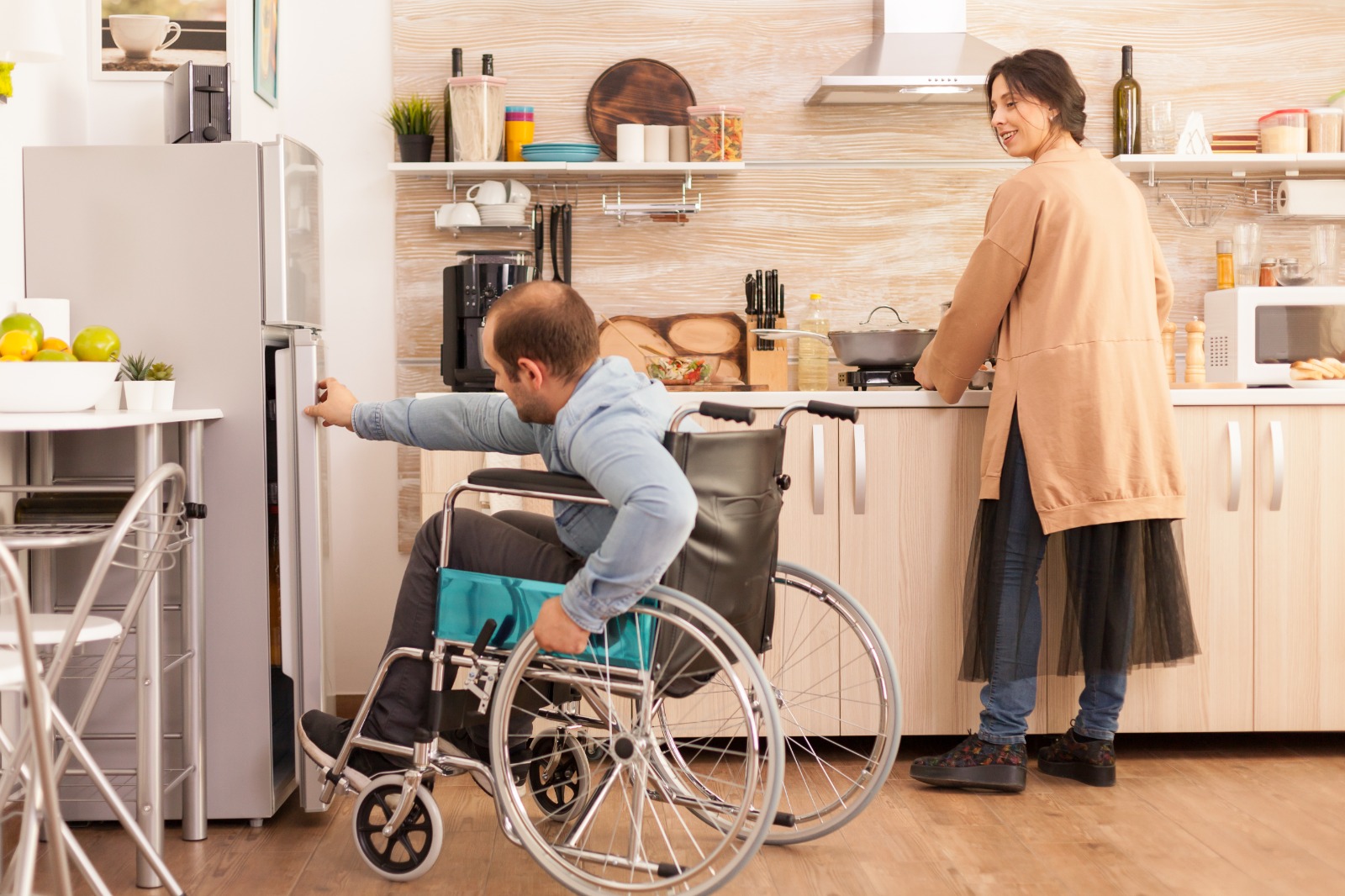Building Skills for Independent Living
Independence isn’t built overnight—it grows with every small step. Whether it’s making your first meal, learning to budget your spending, or managing your own schedule, these daily living skills are the foundation for living life on your own terms.
For people with disabilities, developing these skills can be the key to greater confidence, freedom, and self-reliance. Through the right kind of support, these everyday activities become opportunities for personal growth and long-term empowerment.
Mastering the Kitchen:
Cooking Skills That Nourish Independence
Cooking isn’t just about preparing meals—it’s about decision-making, planning, safety, and self-care. Support can include:
• Learning simple, healthy recipes
• Using kitchen tools and appliances safely
• Understanding nutrition and making food choices
• Shopping for groceries and managing meal plans
Budgeting Basics:
Taking Control of Your Money
Money skills are essential for independence. Support often includes:
• Setting up a weekly or monthly budget
• Understanding the value of saving
• Managing everyday expenses like travel or bills
• Learning how to track spending
Self-Care Routines:
Looking After Yourself with Confidence
Personal hygiene, grooming, and health routines help individuals feel confident, capable, and respected. Support may cover:
• Establishing daily hygiene practices
• Learning how to choose and wear appropriate clothing
• Managing appointments and medications
• Developing a healthy sleep and wellness routine
Time Management:
Owning Your Day, Your Way
Feeling in control of your time makes every day more manageable. Time management training includes:
• Using calendars or planners to schedule tasks
• Learning how to prioritise and plan ahead
• Building routines that reduce stress and increase independence
• Understanding time in relation to appointments or public transport
Why These Skills Matter
These aren’t just chores or tasks—they’re stepping stones to a fuller, more independent life. When individuals gain the skills to manage their own homes, routines, and decisions, they build confidence in their abilities and develop a stronger sense of self.
Support for skills development is never one-size-fits-all. It’s personalised, respectful, and paced to match the learner’s comfort and goals—so that independence becomes not just possible, but natural.
At the heart of it all, supporting life skills development means empowering people to lead lives that reflect who they are and what they want. Whether it’s cooking dinner, catching a bus, or making personal decisions—every small achievement adds up to a life lived with purpose, dignity, and independence.

